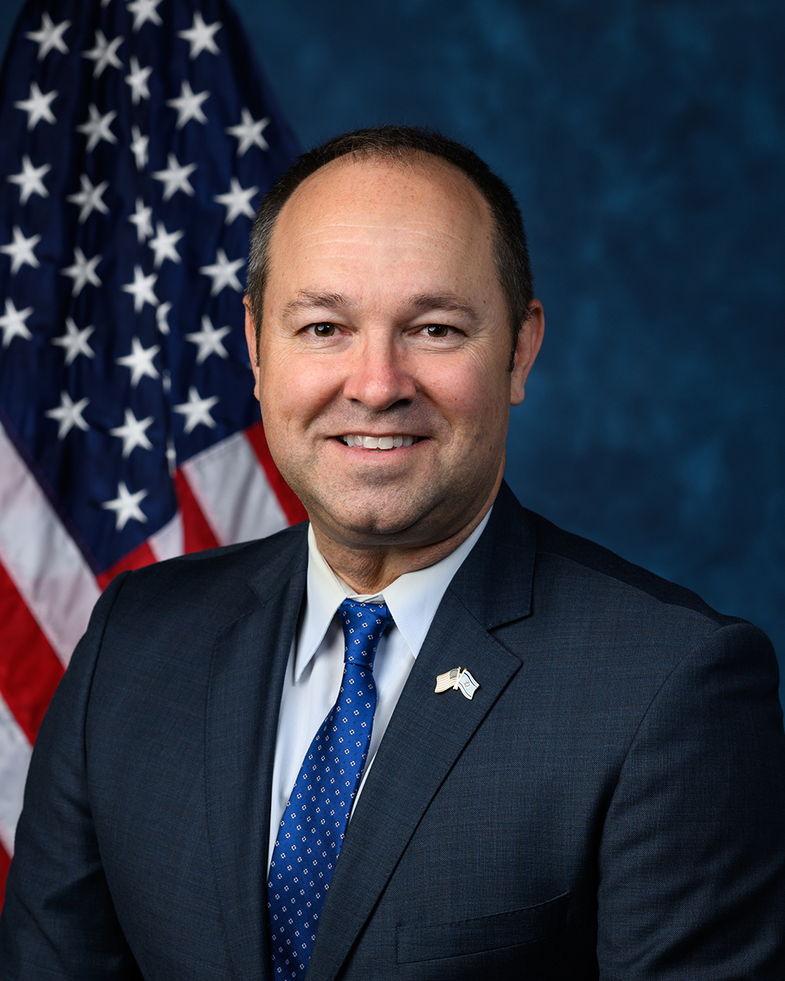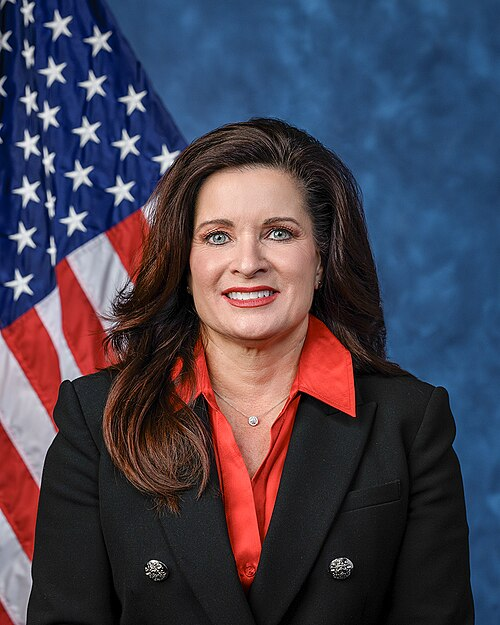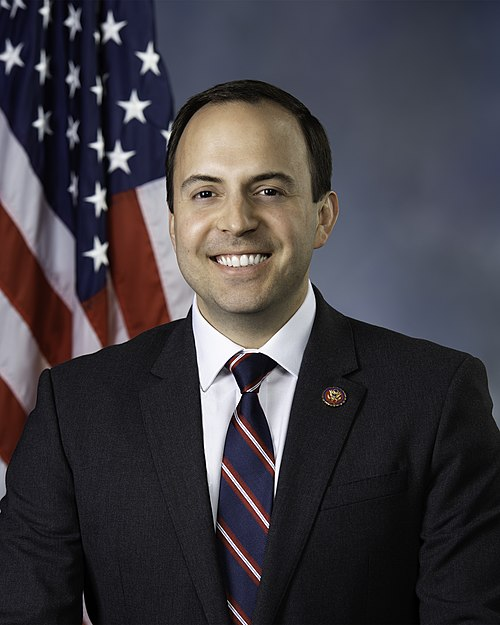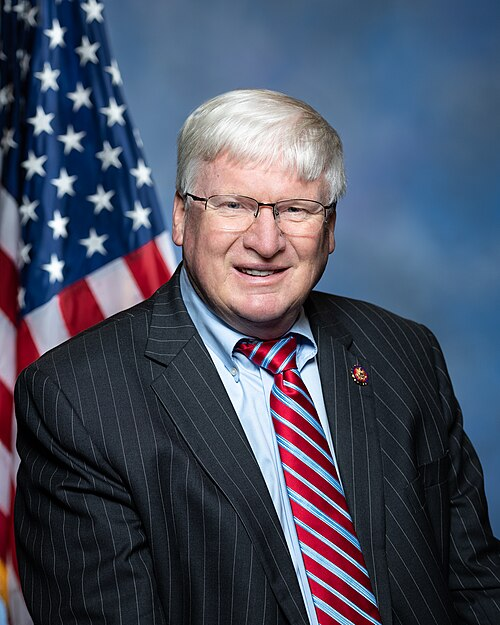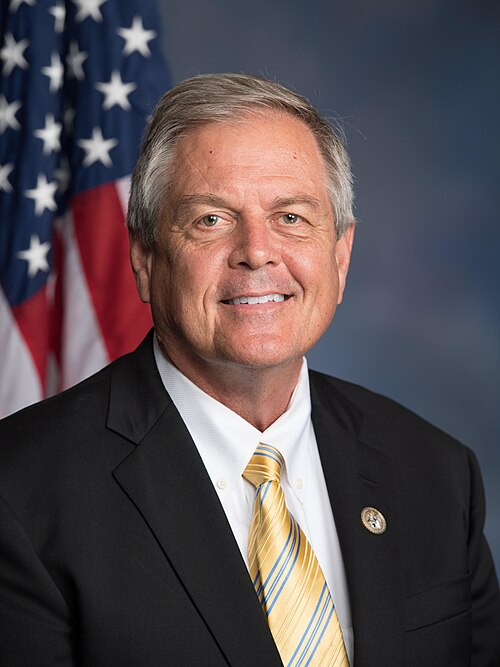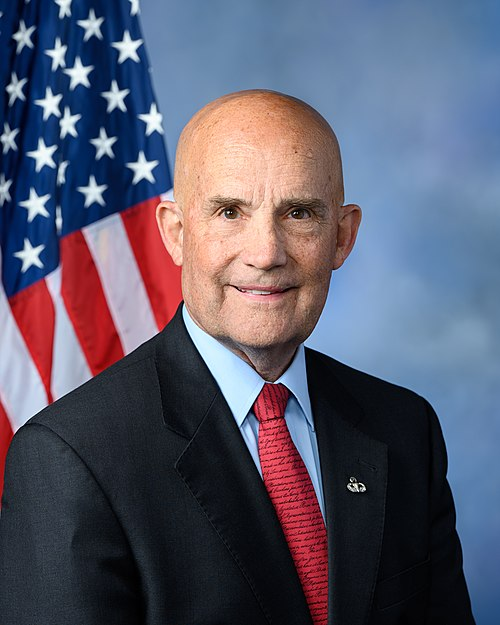H.R. 3787: Emergency Spending Accountability Act
The Emergency Spending Accountability Act is proposed legislation aimed at regulating how the U.S. government handles emergency spending. Here is a summary of its key provisions:
Purpose
The Act primarily seeks to ensure that emergency spending is offset by reductions in other areas of the budget, helping to promote fiscal responsibility. This is done by implementing sequestration measures that reduce budgetary resources in future fiscal years following the provision of emergency funding.
Sequestration of Emergency Spending
When the government designates spending as "emergency spending," the Director of the Office of Management and Budget (OMB) is required to issue a sequestration order. This order will:
- Reduce total budgetary resources by an amount equal to one-fifth of the emergency spending for that fiscal year, spread over the following five years.
- Include written notice to Congress identifying accounts affected by the sequestration.
The sequestration applies differently based on whether the emergency spending is categorized as discretionary spending or direct spending. Discretionary spending affects discretionary accounts, while direct spending affects direct spending accounts.
Application and Reduction Criteria
Sequestration will be applied uniformly across all eligible programs and accounts without exemptions. The total amount of required budget reductions may be adjusted based on any corresponding reductions in discretionary or direct spending that were included in the legislation that enabled the emergency spending.
Exempt Programs
- Social Security benefits and benefits under the Railroad Retirement Act.
- Accounts linked to national defense.
- All programs administered by the Department of Veterans Affairs.
- The Medicare program.
Justification for Emergency Spending
For any legislation that includes emergency spending, the Act mandates a detailed justification explaining the necessity of such spending. This justification should address why the expenditure qualifies as an "emergency" and "unanticipated," in accordance with established definitions.
Definitions
The Act also establishes definitions for several terms such as:
- Budget authority - Refers to the authority provided by law to incur financial obligations that will result in outlays.
- Outlays - Actual expenditures by the government for programs and activities.
- Emergency spending - Spending that is designated as emergency and can bypass some federal spending limits.
Implementation Timeline
The OMB Director must issue the sequestration orders on October 1 of the year following the emergency spending, and this will continue for each of the next four fiscal years.
Relevant Companies
None found.
This is an AI-generated summary of the bill text. There may be mistakes.
Sponsors
9 bill sponsors
Actions
3 actions
| Date | Action |
|---|---|
| Jun. 12, 2025 | Sponsor introductory remarks on measure. (CR H2661) |
| Jun. 05, 2025 | Introduced in House |
| Jun. 05, 2025 | Referred to the Committee on the Budget, and in addition to the Committee on Rules, for a period to be subsequently determined by the Speaker, in each case for consideration of such provisions as fall within the jurisdiction of the committee concerned. |
Corporate Lobbying
0 companies lobbying
None found.
* Note that there can be significant delays in lobbying disclosures, and our data may be incomplete.
Potentially Relevant Congressional Stock Trades
No relevant congressional stock trades found.
